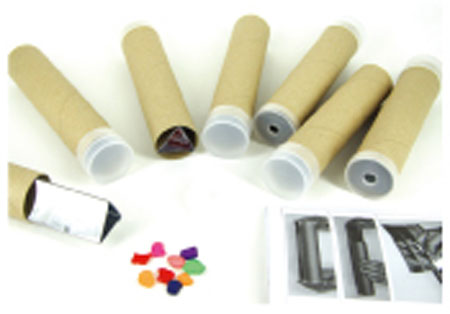
I thought both KM25 and KR64 were very sharp and fine grained and the colours generally were pretty accurate. Like most photographers I enjoyed the little rush of serotonin upon opening the yellow slide boxes when they arrived. I think we always need to keep a healthy separation between the manufacturers’ marketing spin and the technical and practical knowledge about what it actually does (or did, in the case of Kodachrome). Film is both a tool for making pictures, and a commodity for making profit.

While film as a technology still fascinates and impresses me, I don’t get too romantic, much less reverent, about any particular product. Some of his slides have lasted better than others, but he had many of them stored in quite hot and humid conditions for many years. I’m aware of Kodachrome’s ‘iconic’ status and enduring popularity, in part from reading about some of the big name photographers associated with it and famous images made with it, and also from my dad’s slides, many of which date back to the ‘60s. But I was surprised to find more KM25 ‘topside’ landscapes and portraits than I expected, once I started digging through the archive. I mostly used KM25 for underwater macro photography, using a Nikonos III, with its 35mm lens, various extension tubes, and a flash on a fixed bracket. I have to admit to being much fonder of Kodachrome 25 than 64, for the near absence of grain and generally more accurate colour rendition (to my eye anyway).
Kaleidoscope diy kit Patch#
Most of my Kodachrome collection has archived quite well, with only one KR64 slide I can think of that shows a patch of unnatural red shift in one part of the frame.

I guess I totalled about seven years of Kodachrome use all up, from the acquisition of my first SLR in 1986, until a couple of years after that game-changing Fuji ‘Velvet Media’ experience around mid-1990.

I know I’m not the first to post about this stuff on 35mmc, but I may have a slightly different angle on it. I thought of doing a post on that first roll of Velvia, and then decided that a post about Kodachrome might make an appropriate preface. I had shot the last of my remaining rolls of Kodachrome by 1992 and have never used it again since. Actually there was a brief transition period. A nostalgic hunt for some old images took me back to mid-1990 when I shot my first roll of Fuji Velvia (the subject of my next post), and oh so callously dropped the venerable PKM (or KM25) and PKR (or KR64) like a couple of hot potatoes.
Kaleidoscope diy kit full#

Develops motor skills, following directions, cognitive development and early physics.Includes everything you need: the sturdy cardboard kaleidoscope tube, 11 space themed disks, 3 refractory mirrors, 50 trinkets that reflect light, a stand, storage box and an illustrated instruction booklet.Experiment with a variety of galactic themed accessories to create the ultimate visual experience Build your own amazing, working kaleidoscope and create your own personal outer space themed light show, the illustrated instruction book makes assemble easy.


 0 kommentar(er)
0 kommentar(er)
